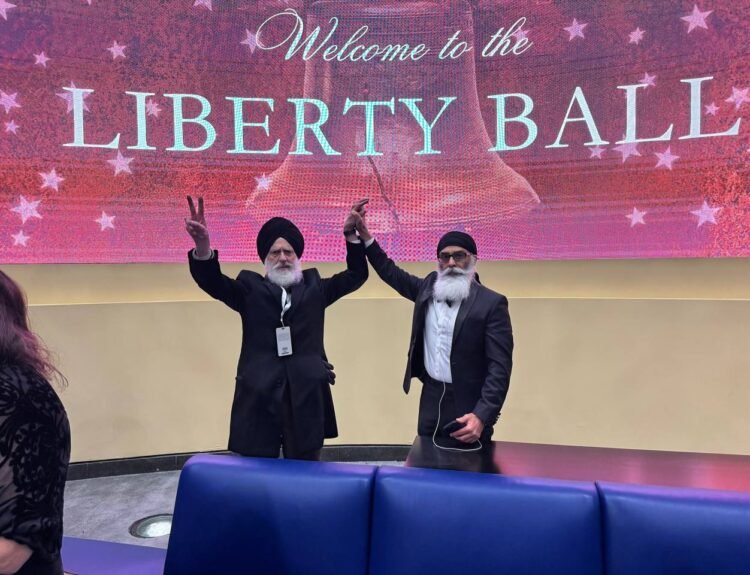By Promod Puri
Fanatic Hindu, Muslim, Sikh, Christian, Jew, or Buddhist!
These are the labels we often hear or assign to persons of different faiths based on our involvements and experiences or by society with its blanket overlook.
The prefix fanatic undoubtedly contaminates the purity of religion to which it is attached and obscure its spiritual pathways.
Moreover, the pejorative affix over a while creates the visible face of a religious order. In this frame, expressions like Islamic extremism and Islamophobia influence the perception of Islam in its religious presentation.
Religious fanaticism develops when ritualistic commitments get more emphasis and involvement than apprehending and pursuing the theological education offered by faith.

Zealous engagement focusing on the security, protection and preservation of the rituals, customs and traditions of religion reflects the mind of a fanatic believing that service or commitment to the faith lies in these acts.
No religion in the world faces danger; instead, the fanatics make the followers believe so.
In this behaviour, fanatics get obsessed with ceremonial practices, believing it is their religion.
Ritualistic flavours of different faiths give a strong and bonded sense of belonging and identity to a fanatic who leeches on to a religion sucking its divine vitality.

While rituals give religion character, identity, and dynamics, the excessive and exuberant practices create fanaticism that offers nil attachment to a faith.
A fanatic is a raging and rough temperament that does not need separate identities like fanatic Hindu, fanatic Muslim, fanatic Sikh, fanatic Christian, Jew, or Buddhist.
Promod Puri is a veteran journalist and author based in Vancouver.
















